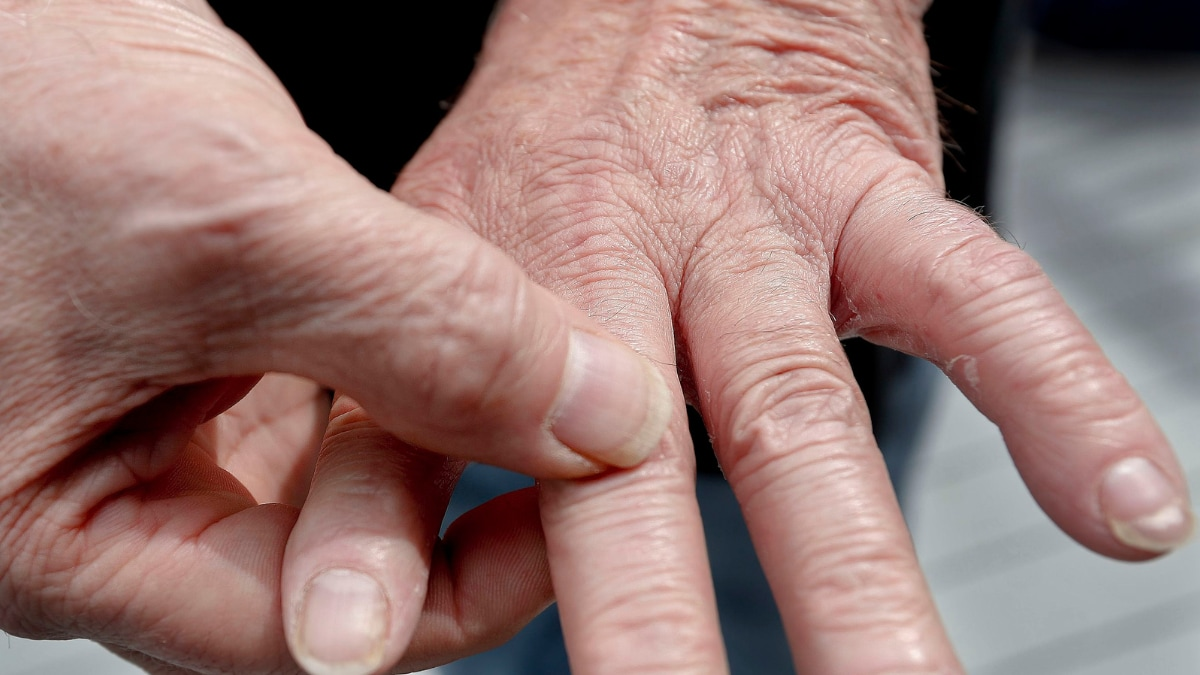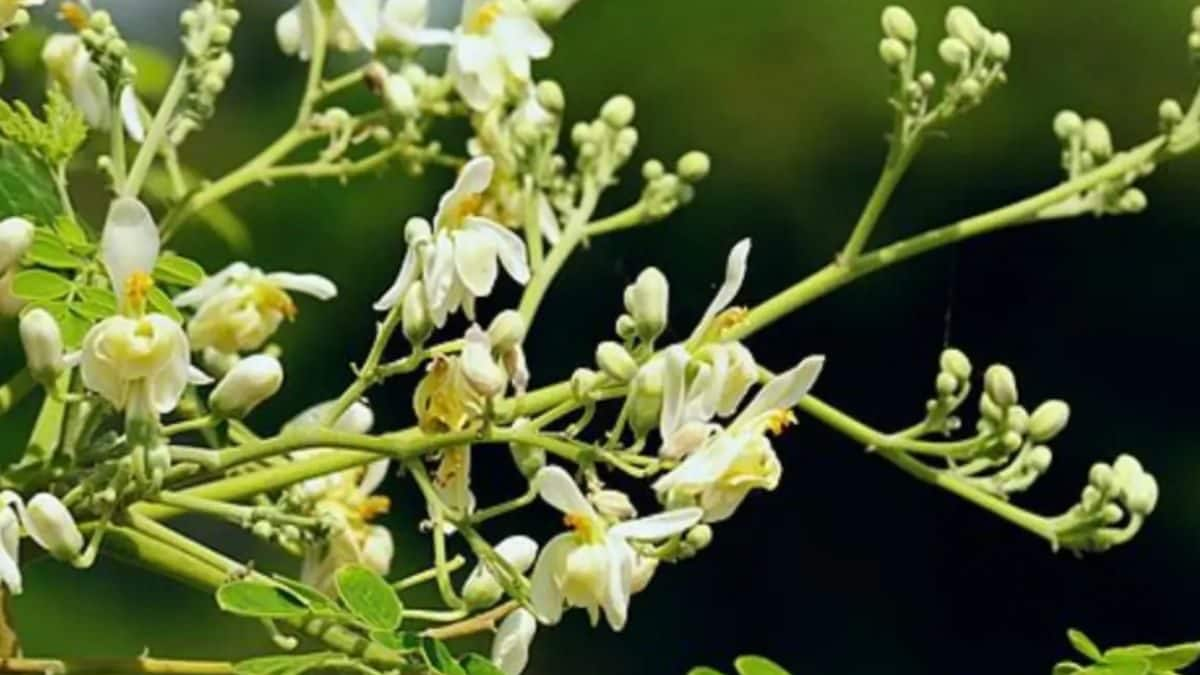AWS treatment has been claimed to not only reduce symptoms but also promote a metabolic environment favorable for homeostasis, offering long-term benefits for RA patients. (Photos by Representatives/AP)
Study shows Ayurvedic treatment can significantly improve rheumatoid arthritis symptoms and metabolic balance, offering new hope. However, further research is needed to confirm these promising results.
Joint pain and bone cracking are health problems that are not only common among older people, but also occur among young people between the ages of 20 and 35. However, there is new hope for those suffering from joint diseases. A recent study has revealed that rheumatoid arthritis, an autoimmune disease that affects the joints, can now be cured.
Treatment for rheumatoid arthritis has been found in Ayurveda. A recent scientific study highlighted the remarkable impact of the Integrative Ayurvedic System (IAS) in managing rheumatoid arthritis (RA), an autoimmune disease that affects millions of people worldwide. Research shows that IAS not only alleviates the symptoms of RA but also normalizes metabolic changes in patients, offering new hope for traditional medicine.
The study, published in the PubMed indexed research journal, 'Journal of Ayurveda and Integrated Medicine', was conducted by a team of senior researchers from prominent institutions including Advanced Arthritis Treatment and Research Centre (A-ATRC), Department of Physical Medicine, State Ayurvedic College and Hospital, University of Lucknow, Centre for Biomedical Research (CBMR) at SGPGIMS Campus, Lucknow, and Abhinav Anusandhan Academy, Ghaziabad. This study is significant from the point of view of possible reversal of pathology in case of treating arthritis with the comprehensive systemic approach of Ayurveda.
“This study supports the Ayurvedic concepts of ‘Samprati Vibhaag’, where the causes of the disease and complications of the disease are removed and the ‘dosha’ is normalised. In this way, the disease is cured,” said lead researcher of the study Dr Sanjeev Rastogi.
The study found a significant reduction in the Disease Activity Score-28 and erythrocyte sedimentation rate, along with a marked improvement in swollen and weakened joints. There was also a significant reduction in the AMA Activity Measure (AAM), which assesses levels of toxins in the body, after treatment.
The study also examined the metabolic profile of RA patients and compared it to that of healthy individuals. At the beginning of the study, the levels of some metabolites in RA patients were found to be elevated, including succinate, lysine, mannose, creatine, and 3-hydroxybutyrate (3-HB), but after the holistic Ayurvedic treatment, alanine levels decreased. Metabolic markers began to increase to levels found in healthy individuals, indicating a return to a more balanced metabolic state.
According to the researchers, this study is the first to clearly demonstrate the impact of the integrative Ayurvedic system (AWS) in the treatment of rheumatoid arthritis (RA). It has been claimed that treatment with AWS not only reduces symptoms but also promotes a favorable metabolic environment for homeostasis, thereby offering long-term benefits for RA patients.
While the results of the research are promising, the authors of the study have stressed the need for further research to confirm these initial results and understand the mechanisms involved. This success also underlines the potential of integrating modern medicine with traditional Ayurvedic systems to improve health outcomes for patients in conditions such as chronic rheumatoid arthritis.












